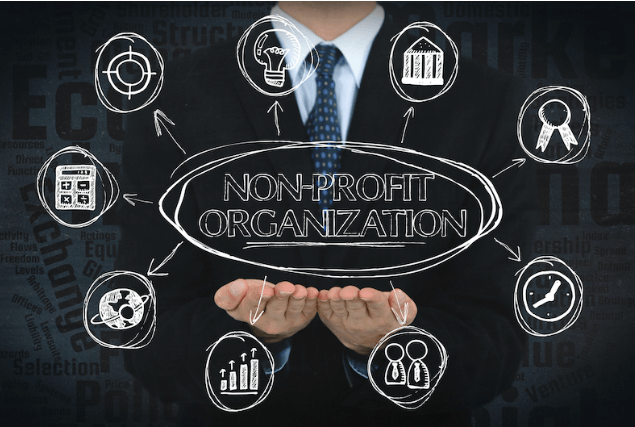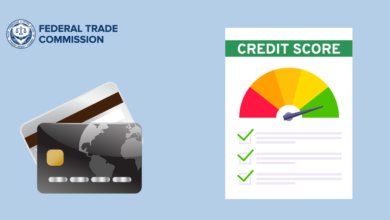Diving into the Diverse Landscape of Period Poverty Non-Profit Organizations in Toronto

Focusing on the issue, it is worth stating that menstrual poverty is still prevalent in Toronto as a lot of women cannot even purchase menstrual products or vital information about them.
They are affected in terms of health and well-being as well as their functionality in carrying out various activities in their everyday lives.
Despite this, many non profit organizations in Toronto are still in the fight to eliminate the effects of period poverty and ensure women have access to the products they require.
These organizations aim to enable every woman and girl to be confident and comfortable while handling her periods.
1. Help A Girl Out (HAGO)
HAGO’s Comprehensive Initiatives
HAGO manages an initiative in which discreet cabinets containing free sanitary products are placed in accessible locations around Toronto. Also, HAGO’s menstrual health education programs organize workshops in schools, community centers, and other such places in an attempt to de-stigmatize the topic. HAGO also actively lobbies for policies that would ensure that menstrual products are made available for free in public places.
Community Engagement
HAGO strategically uses partnerships with businesses, schools, and community centers to broaden its coverage. They host events and campaigns in society and also help in events that involve the donation of menstrual products. Their partnerships assist in expanding the reach of their message and resources.
2. The Period Purse
Sustainable and Educational Programs
The Period Purse also offers various sustainable menstrual products including cups and cloth pads in their programs. They also hold seminars to educate the women on how to effectively utilize these sustainably friendly products. They educate the public and demystify misconceptions about menstruation through participation and social media campaigns.
Collaborative Efforts
The Period Purse works with environmental organizations to advocate for sustainable sanitary items. It ensures that sustainable menstrual practices are applied by working hand in hand with schools and colleges. They also promote sustainability in applying health knowledge on menstruation within learning institutions.
3. Moon Time Sisters
Culturally Sensitive Programs
Through its awareness, and working with indigenous leaders, Moon Time Sisters ensures its programs do not interfere with traditional practices. Their workshops provide information that focuses on contemporary knowledge about menstruation together with cultural knowledge. They also offer customized menstrual products for such groups of women.
Capacity Building
The premise of Moon Time Sisters is to empower indigenous communities to address issues concerning menstrual health on their own. They train community health workers and volunteers who then distribute the products and increase awareness. As a result, this approach helps in attaining an overall long-term effectiveness and impact as the locals participate in realizing the intended goals.
4. Changing The Flow
Dynamic Campaigns and Resources
Changing The Flow utilizes social media platforms and events to raise awareness of period poverty. Their campaigns prepare people to fight for policy changes at community and national levels. They also have an “Equity Toolkit” in which individuals can find out how an organization can work towards menstrual equity.
Policy Advocacy
Speaking of initiatives, Changing The Flow works with decision-makers to advocate for the passage of legislative measures that promote menstrual equity. They give factual evidence findings and personal testimonies as they seek policy change. They have used advocacy to ensure that there is enhanced financial support for menstrual health programs and also enhanced access to the products.
5. Period Packs
Emergency Kits and Educational Workshops
Through its “Emergency Response” initiative, Period Packs delivers feminine hygiene supplies and emergency kits to women’s shelters and crisis establishments. Also, they organize educational workshops for the youths to ensure they gain knowledge on matters concerning menstruation and hygiene.
Partnership Initiatives
Period Packs also relies on licensing agreements with healthcare providers and educational facilities to distribute its products. It provides education for teachers and healthcare workers in order to enhance their understanding of the subject of menstruation. They also help to improve and expand the range of services delivered in their programs.
Please visit here to related post where you can get additional information on how to participate in this noble cause.
Conclusion
In conclusion, menstrual health is a basic human right that can be exercised by all people without pressure and compromise.
In supporting these organizations, we contribute towards making it possible for everyone to get the products and education they require.
These non-profit organizations respond to the needs and call for the eradication of period poverty and the stigma around it.
The urgency now is to get on the side of these determined activists and highlight the issue of menstrual health in the city of Toronto.
In this way, we will ensure that every woman can look at her menstrual cycle as something natural and normal, free from prejudice and stigma.




